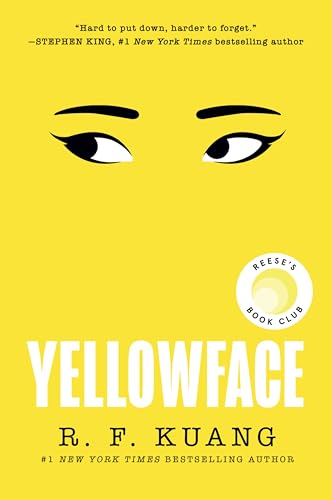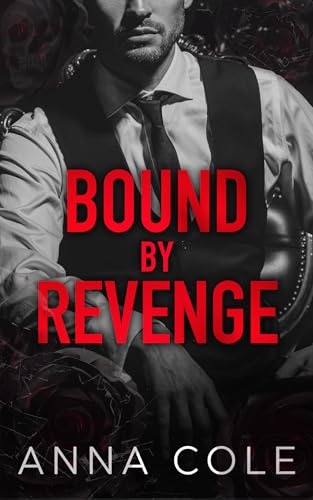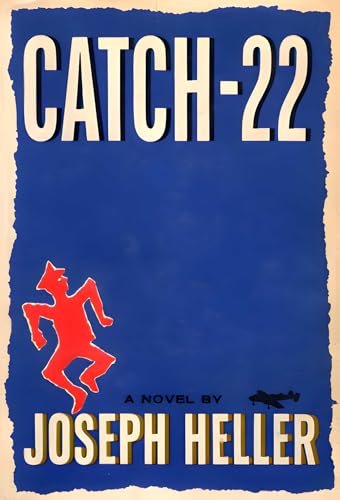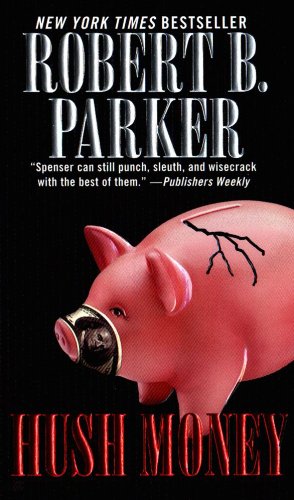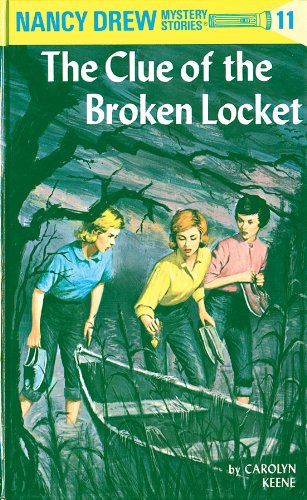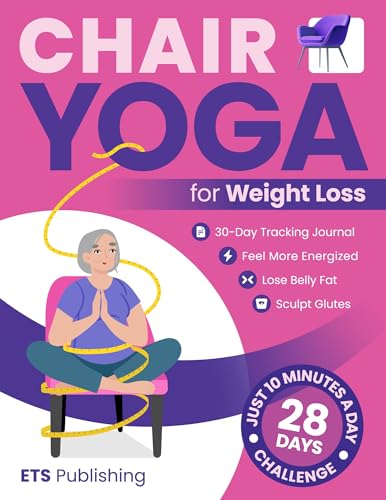Generally I’m not a fan of Randy Cohen’s “The Ethicist” column in the New York Times Sunday magazine. Even when leavened by self-deprecating humor, it too often gets just a little too sanctimonious and fastidious for my taste. (The litmus test may be that I even find Cohen to be sanctimonious, at times, when his summary point is to condone behavior that I consider wrong.)
But I am willing to accept that Cohen’s capacity to see clarity where I see complexity is preferable to my approach, and I frequently read and find myself discussing what Cohen has to say about what are often the rather quotidian ethical conundrums of 21st century life for affluent Americans. That ability to provide fodder for discussion, of course, is probably what makes Cohen’s a good column for the magazine, along with the possibility that the act of perusing it may give some Times readers a basis, of some kind, for concluding about themselves that they are “the right kind of people.”
So I’ll admit to having raised my eyebrows this morning as I read Cohen’s ethical advice for a Long Islander who wrote in seeking the columnist’s ethical imprimatur after having “found a pirated version [of Stephen King’s Under the Dome] online, downloaded it to my e-reader and took it on my trip.” The basis for the question and for Cohen’s answer, let me be clear, is that the questioner, C.D. of Brightwaters, claimed to have first purchased the 1,074-page hardcover and found it prohibitively heavy for travel.
Cohen answered that the piracy was “illegal … but … not unethical.” His rationalization is basically that the author and publisher got paid, so what’s the problem? He buries the real possibility that C.D. might have been “encouraging” the pirates in a fun little set of riffs about the effects of a 1,074-page dead-tree tome on forestry and fitness training.
C.D. of Brightwaters may have been guilty of a bit of selective memory or reality-editing in setting up the question by saying of Under the Dome that “[t]he publisher apparently withheld it to encourage people to buy the more expensive hardcover.” Readers of Kindle Nation Daily
know that the hardcover was available for $9 for several weeks late last year, so that the ebook when it was released commercially on December 24 may have even then been more expensive than the price that C.D. of Brightwaters could have paid either at the Walmart or the Target right down the road in Massapequa or online at Amazon.
And Cohen himself, despite being correct in lamenting that “the anachronistic conventions of bookselling and copyright law lag the technology,” seems a little out of touch with what’s really going on both by letting C.D. slip the curve ball in the preceding paragraph by him and by referring to $9.99 as the ebook’s price when, alas, I see this morning that Steve Jobs has managed to get that price increased to $16.99 in the Kindle and iBooks stores.
Me? I’d love to see the emails that Cohen gets from some of the thousands of traditional publishing industry leaders, employees, and apologists who read the Times. I doubt they will see the ethical crawlspace through which Cohen and C.D. of Brightwaters slithered or find merit in the rationalizations supplied to lubricate these already slippery and sloping passages. Piracy is piracy, and pirates are pirates, ne c’est pas?
But I’m also a bit amused by the shorthand moniker of C.D. of Brightwaters. Remember CDs? I’ve got hundreds of them somewhere, and last year I listened to one on my car stereo, although it was a mix CD that I burned at home, before a long trip, from tracks that I had purchased from Amazon’s MP3 store or iTunes or copied from my own CDs. After having seemed like such a brilliant technology two dozen years ago, CDs turned out to be not quite as venerable and durable as the technology of the print book that has served us so well for centuries. But understanding the denouement of some similar issues faced by the music industry during the past decade should be homework for everyone in the book trades, and it would be wise for print book publishers to offer solutions — such as sanctioned bundling of print, ebook, and/or audiobook formats at marketing-positive price points — that would free up both Cohen and C.D. of Brightwaters to tackle larger ethical issues.
Condoned or not by Timesmen, piracy will fester and could become rampant if some publishers continue their upside down and backward approaches to pricing and availability. I am quite confident that there are few ebook pirates among the populace of Kindle Nation, but I am equally certain that the best way for book publishers to defeat piracy is to start playing straight with readers.

